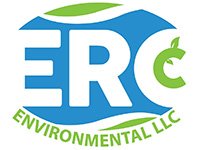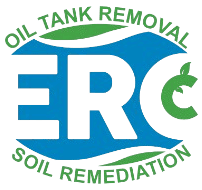Soil Testing in NJ – When is it necessary to test the soil?
Is soil testing required before or after removing an oil tank in NJ, in order to determine if soil remediation is necessary?

Many of our customers are concerned about how much soil testing could cost in addition to an oil tank removal, but it is important to understand that when performing an oil tank removal in the state of New Jersey soil testing is not always required. Contrary to what some of our competitors might try to sway you to believe, there is certainly no reason to pay the cost of soil testing prior to an oil tank removal, as there has been no problem encountered to that point. Whether you are buying or selling a home with a buried underground oil tank, it is in your best interest to first perform the oil tank removal. This is because when an oil tank is removed in the state of NJ, an appointed inspector from the appropriate township will come to the site and perform a visual inspection to determine whether further action is needed. The process of determining a leak has occurred is most often much more straight forward than you might expect – the oil tank is examined for holes and the soil for stains indicating oil has seeped into it. The New Jersey Department of Community Affairs, Division of Codes and Standards has detailed requirements about how an oil tank should be removed or abandoned properly, and as long as those conditions are met and there is no visual indication of contamination the job will be complete and the permits closed at that point. As such, the only case in which the soil would need to be tested is if the NJDEP determines there has been a leak and a DEP spill number is called in. At that point a soil remediation or delineation would need to be performed and soil samples would be needed for the remedial action report necessary to close the case. However, if there are no signs of contamination or a leak when the oil tank removal is performed, soil testing is not required in NJ and we advise to save yourself the time and money from performing the unnecessary work. In most cases, your project will fall within our flat-rate program.



